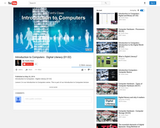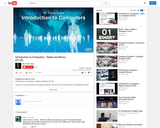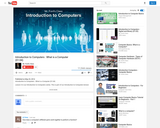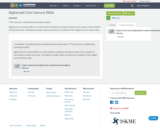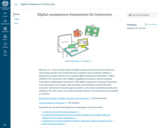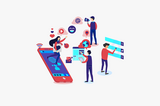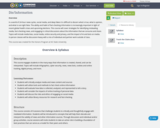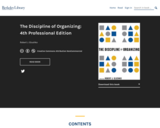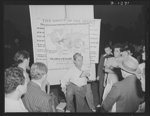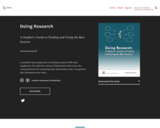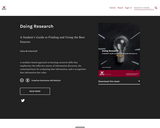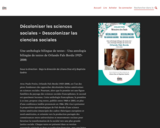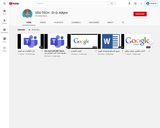Une anthologie bilingue de textes - Una antología bilingüe de textos de Orlando Fals Borda (1925-2008)
Short Description:
Avec Paulo Freire, Orlando Fals Borda (1925-2008), est l’un des pères fondateurs des approches décoloniales latino-américaines en sciences sociales. Pourtant, alors que le premier est une figure familière du paysage des sciences sociales francophones, le second est quasiment inconnu. Cette anthologie francophone, la première à ce jour, propose cinq textes, publiés entre 1968 et 2003, en plus d’une conférence inédite prononcée en 1966. Elle vise à présenter la proposition épistémologique de Fals Borda d’une science latino-américaine émancipée des cadres théoriques européens et nord-américains, et orientée vers la production partagée des connaissances entre universitaires et mouvements sociaux pour favoriser la transformation de la société vers une plus grande justice sociale. Chaque texte est présenté dans sa version espagnole originale et dans sa traduction française, avec une brève mise en contexte permettant de situer celui-ci dans l’œuvre de l’auteur. Une introduction présente la thématique de l’anthologie et la trajectoire intellectuelle de Fals Borda.Junto con Paulo Freire, Orlando Fals Borda (1925-2008) fue uno de los padresfundadores de los enfoques descoloniales latinoamericanos en las ciencias sociales. Sinembargo, mientras que el primero es una figura familiar en el panorama francés de lasciencias sociales, el segundo es casi desconocido. Esta antología francófona, la primera hasta la fecha, ofrece cinco textos publicados entre 1968 y 2003, además de una conferencia inédita realizada en 1966. Su objetivo es presentar la propuesta epistemológica de Fals Borda de una ciencia latinoamericana emancipada de los marcos teóricos europeo y norteamericano, y orientada a la producción de conocimientos compartida entre los académicos y los movimientos sociales para promover la transformación de la sociedad hacia una mayor justicia social. Cada texto se presenta en su versión original en español y en su traducción al francés, con una breve contextualización que permite ubicarlo en el trabajo del autor. Una introducción presenta el tema de la antología y la trayectoria intelectual de Fals Borda.
Long Description:
Avec Paulo Freire, Orlando Fals Borda (1925-2008), est l’un des pères fondateurs des approches décoloniales latino-américaines en sciences sociales. Pourtant, alors que le premier est une figure familière du paysage des sciences sociales francophones, le second est quasiment inconnu. Cette anthologie francophone, la première à ce jour, propose cinq textes, publiés entre 1968 et 2003, en plus d’une conférence inédite prononcée en 1966. Elle vise à présenter la proposition épistémologique de Fals Borda d’une science latino-américaine émancipée des cadres théoriques européens et nord-américains, et orientée vers la production partagée des connaissances entre universitaires et mouvements sociaux pour favoriser la transformation de la société vers une plus grande justice sociale. Chaque texte est présenté dans sa version espagnole originale et dans sa traduction française, avec une brève mise en contexte permettant de situer celui-ci dans l’œuvre de l’auteur. Une introduction présente la thématique de l’anthologie et la trajectoire intellectuelle de Fals Borda.
Junto con Paulo Freire, Orlando Fals Borda (1925-2008) fue uno de los padres fundadores de los enfoques descoloniales latinoamericanos en las ciencias sociales. Sin embargo, mientras que el primero es una figura familiar en el panorama francés de las ciencias sociales, el segundo es casi desconocido. Esta antología francófona, la primera hasta la fecha, ofrece cinco textos publicados entre 1968 y 2003, además de una conferencia inédita realizada en 1966. Su objetivo es presentar la propuesta epistemológica de Fals Borda de una ciencia latinoamericana emancipada de los marcos teóricos europeo y norteamericano, y orientada a la producción de conocimientos compartida entre los académicos y los movimientos sociales para promover la transformación de la sociedad hacia una mayor justicia social. Cada texto se presenta en su versión original en español y en su traducción al francés, con una breve contextualización que permite ubicarlo en el trabajo del autor. Una introducción presenta el tema de la antología y la trayectoria intelectual de Fals Borda.
Word Count: 82715
ISBN: 978-2-925128-97-0
(Note: This resource's metadata has been created automatically by reformatting and/or combining the information that the author initially provided as part of a bulk import process.)
